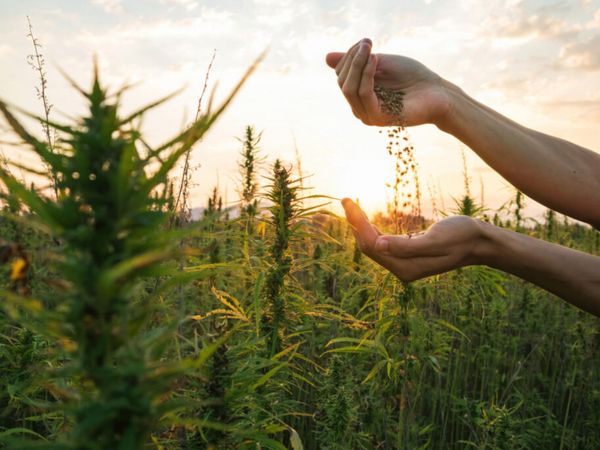
It’s time for Scott Morrison to match actions to his rhetoric on Russia, to stop talking loudly and start using as big a stick as he can manage given Australia’s limited size and proximity.
Yesterday afternoon, in response to Putin’s invasion of Ukraine, he began catching up with where the Europeans were on Tuesday, extending sanctions on individuals to another 25 “army commanders, deputy defence ministers and Russian mercenaries”, though he will not yet match the EU’s sanctions on hundreds of members of the Russian Parliament who support Putin — that’s for unspecified “further waves of sanctions”. Sanctions will also be extended to another four companies “involved in the development and sale of military technology and weapons”.
The Biden administration again went further. Russia’s biggest bank, Sberbank, was cut off from US-dollar transactions. Its second-largest bank, VTB, was also sanctioned and the administration froze the assets of another three banks. Thirteen state-owned enterprises were sanctioned — along with Belarusian banks, firms and officials — seven prominent Russian families were targeted and some technology transfers were prohibited.
Australia obviously lacks the financial power of the United States, but the sheer extent of the new round of US sanctions makes Australia look dilatory and tokenistic at best.
Credit where due, Morrison yesterday afternoon made sure he reached out to both Ukrainian Australians and to Australians of Russian background, discussing the government’s consultations with the Ukrainian community and adding, “I want to send a particular message to Australians of Russian descent. I know that they will also be feeling terrible about these events. Whether they are of Ukrainian descent or Russian descent, we’re all Australians and we thank them for their contribution to Australia, and we stand together with them as Australians.”
It was an important signal of inclusiveness at a time of potential community division, and it stands in contrast to Tony Abbott’s deliberate targeting of Muslim Australians in 2015.
Strong message, strong actions
But Morrison has a number of options if he wants to properly live up to his rhetoric of condemnation.
Expel Russian diplomats in Australia: Morrison inexplicably ruled this out yesterday, insisting that “even in moments of terrible conflicts such as this, it is important to maintain channels of communication”. Yet it is plain Putin is far beyond the point of communication, and in any event Morrison can always pick up a phone, rather than the Foreign Minister calling in the Russian ambassador for a “dressing down”. Putin’s man in Canberra must surely quake at the thought of a telling-off from Marise Payne.
Seize Rusal’s 20% stake in the Queensland Alumina Limited plant: Rusal is Russia’s giant aluminium producer, which earns billions in profits and holds a one-fifth stake in Rio Tinto’s QAL plant in Gladstone, Queensland. Rusal’s board and management can direct their complaints to the Kremlin.
End exports of alumina to Russia: Russia relies heavily on alumina exports from Ukraine and Australia — in our case, around half a billion dollars worth a year. Time to shut off its supply, which will in turn inflict significant damage on Russian exports of aluminium products, mainly to Europe.
Block all Russian imports: They’re worth $250 million a year to Russia, and they’re dominated by fertiliser and crude oil, which can be sourced elsewhere.
Block access for Russian students: It’s not a big market — around 1000 a year before the pandemic — but they would include the sons and daughters of some of Russia’s elite families.
Block all entry by Russians except for humanitarian visas: No tourism or business travel, no temporary worker visas.
Critics will respond that such steps will have little impact on Russia and in the case of trade simply divert it elsewhere, possibly to other Western countries that may benefit from a more aggressive stance by Australia. But a regime of more aggressive sanctions by Australia will lift the pressure on other countries — especially European countries, which have closer relations with Russia — to do the same.
Or, we admit that we’re only willing to back Ukraine and condemn the Putin regime to the extent it’s convenient to do so.
That would be the Australian way. As the late Christian Kerr pointed out a decade ago, when the USSR invaded Afghanistan in 1980, Malcolm Fraser was savage in his condemnation — and (unsuccessfully) demanded Australian athletes boycott the 1980 Moscow Olympics. But when it came to blocking wool exports to the Soviets — including from his own property — Fraser was less enthusiastic. And he refused to follow the Carter administration’s block on wheat exports to the USSR, too.
At the time, Paul Keating labelled it opportunism. Maybe the same analysis applies right now.







